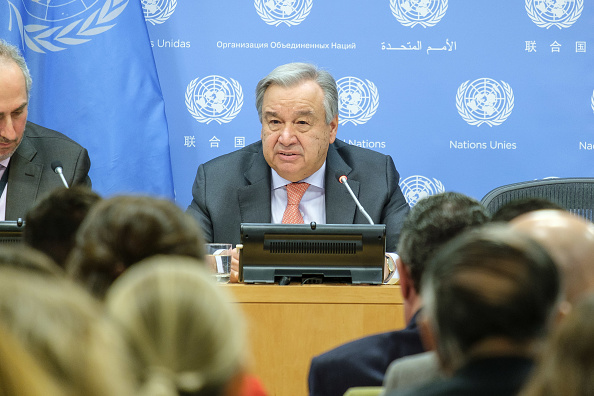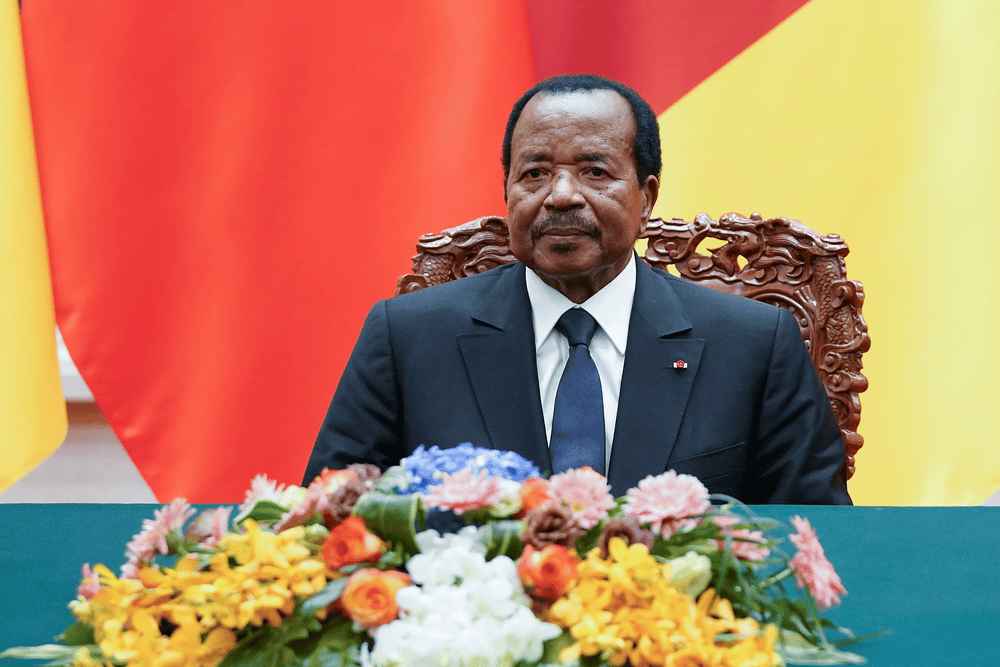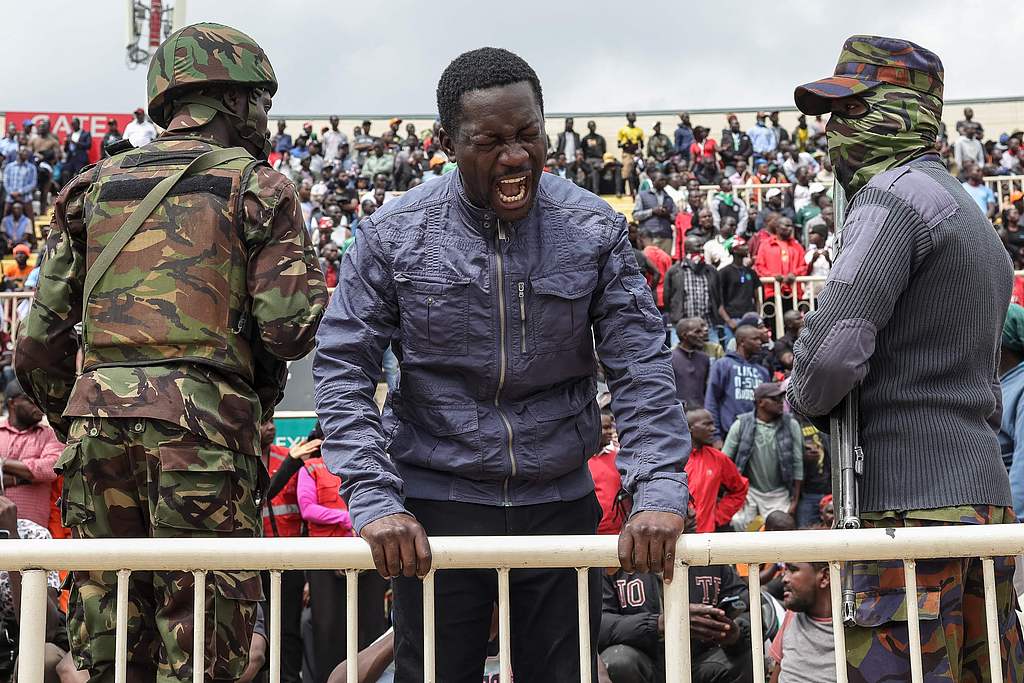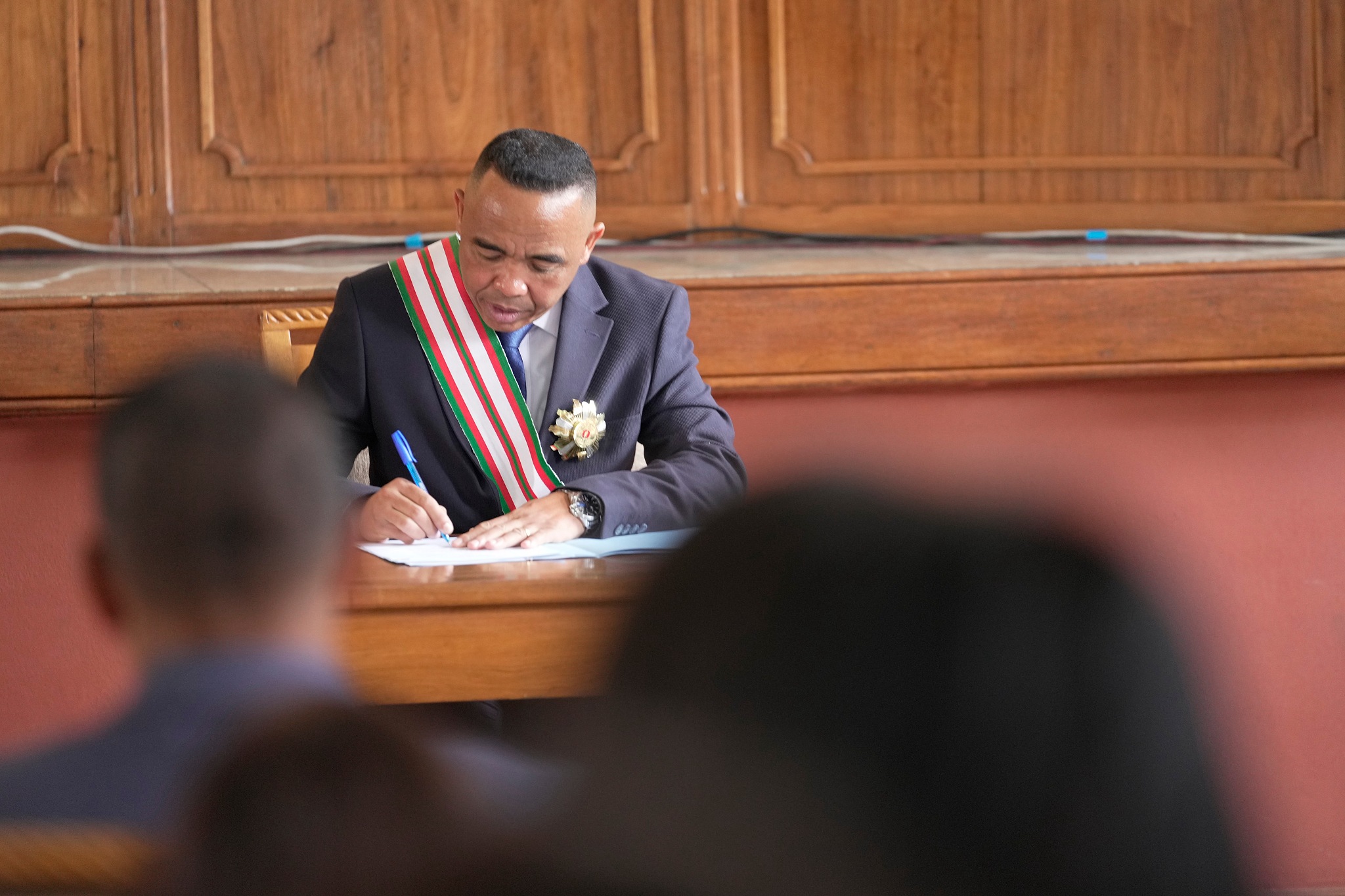
Kenya, UN agencies to mobilize $3.1million to combat COVID-19
Kenya and the UN on Thursday have resolved to mobilize 310 million shillings (about 3.1 million U.S. dollars) towards mitigating coronavirus in the country.
Walid Badawi, United Nations Development Program (UNDP) Resident Representative in Kenya, said that the funds will help increase capacity of the healthcare system, build resilience of vulnerable populations, social protection, and advocate for the rights of women.
“We are adapting this devolution support program to better assist Kenyans in the fight against COVID-19,” Badawi said in a statement issued in Nairobi.
The UN official said that partners have agreed to use existing funds that had initially been committed to devolution projects.
The UN official said that in consideration of the fast-moving nature of the crisis, partners have agreed to an initial six-month work plan to strengthen Kenya’s response to COVID-19 at both national and county-levels.
He said that in this new plan, UNDP will lead in the development and dissemination of Kenya and World Health Organization (WHO) guidance-based messaging through radio, television, bulk short message service and social media.
“The United Nations Children’s Fund (UNICEF) will sensitize target populations on best practices around water, sanitation and hygiene while UN Women will undertake advocacy work to prevent an increase in Gender Based Violence (GBV) and marginalization of women during the COVID-19 period,” Badawi added.
He said that this support will also facilitate business continuity at the county level for county assemblies and county executives.
Badawi added that the UN Women will support the supply of personal protective equipment (PPE) and provision of psychosocial to frontline health workers while UNICEF will distribute WASH supplies at the sub-county level, and to rollout cash transfers to 214 vulnerable urban households in each of 14 target counties for six months.
He said that UNDP will further facilitate the immediate deployment of over 50 UN Volunteers (UNVs) with relevant medical experience to support healthcare facilities.
“Provision of technical support to address implications related to gender, water, sanitation and hygiene, micro and small and medium enterprises (MSMEs), socioeconomic impact and medical waste management will also be undertaken,” he said.






